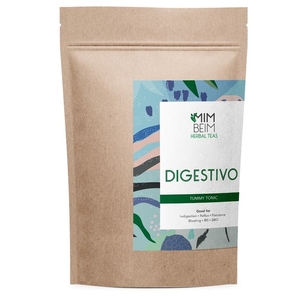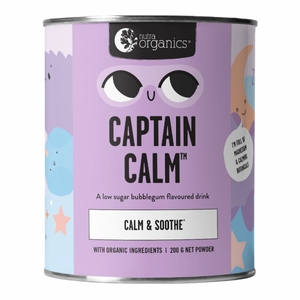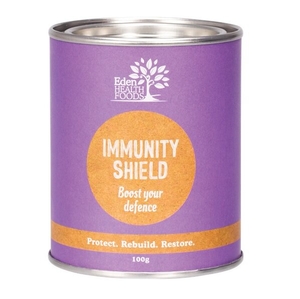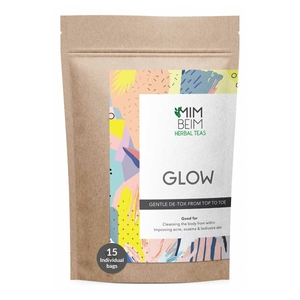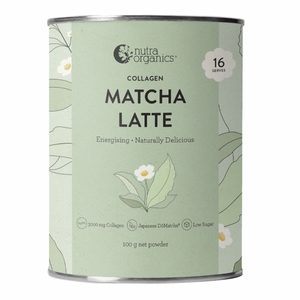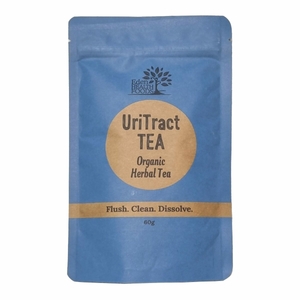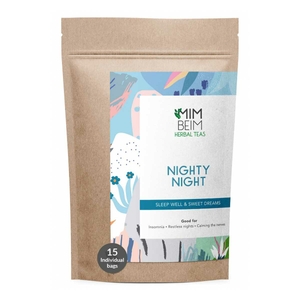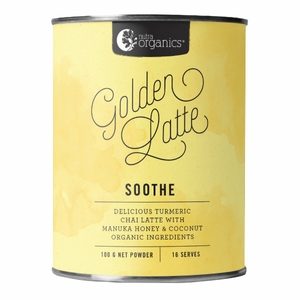
Tea, a beverage with a rich history that spans thousands of years, has become a beloved drink worldwide. Beyond its delicious taste and aroma, tea also offers an array of health benefits.
Traditional tea benefits
All traditional tea, whether black, green, oolong or white, is made from the leaves of the Camellia sinensis plant. The difference in colour and flavour between each tea variety is due to the way the leaves are processed after harvesting. Traditional teas all contain caffeine in varying amounts.
What are the benefits of green tea?
Of all tea varieties, green tea has the highest concentrations of flavonoids (1). Flavonoids are antioxidants that protect the body from oxidative stress and inflammation. The most potent flavonoids in green tea are catechins and epigallocatechin-3-gallate (EGCG) (1,2).
EGCG provides protection against numerous conditions, such as diabetes, obesity, heart disease, neurodegenerative disease, and some cancers (1,3,4).
Green tea contains natural stimulants, including caffeine and is a source of the amino acid L-theanine, which promotes relaxation (5). The combination of these substances creates a state of calm focus to help you stay alert without feeling jittery or anxious.
Black tea for heart health
Black tea also contains antioxidants that help protect against cellular damage, which may reduce the risk of heart disease and stroke (6).
Herbal tea benefits
Herbal teas are infusions of dried herbs, spices, fruit, leaves, flowers, seeds and roots of plants not related to the Camellia sinensis tea plant.
Herbal teas are caffeine-free, making them an ideal choice if you are sensitive to caffeine or wish to reduce your caffeine intake. Each herbal tea has its own unique health benefits.
The key components in herbal teas are polyphenols, of which flavonoids are the most abundant (7). These compounds account for the antioxidant, anticancer, antimicrobial, relaxant, antidiabetic and anti-inflammatory activities of herbal tea (7,8,9).
Chamomile tea
Chamomile tea helps reduce menstrual pain and muscle spasms, improves sleep and relaxation, and reduces inflammation (10,11). It may also improve blood glucose and cholesterol levels (12,13).
Rooibos
Rooibos tea improves cholesterol and blood sugar levels and can help alleviate digestive issues such as nausea and diarrhoea (14,15,16,17).
Peppermint
Peppermint tea contains menthol, which can soothe an upset stomach and relieve constipation, nausea, and irritable bowel syndrome (IBS) (18,19). It can also help alleviate sinus congestion and reduce pain associated with tension headaches and migraines (20,21).
Ginger
Ginger tea can reduce nausea associated with morning sickness, chronic indigestion, and menstrual cramps (22,23). It may boost immunity and helps to relieve joint pain caused by osteoarthritis (24,25).
Hibiscus
Hibiscus tea lowers blood pressure and cholesterol levels, improves liver health, and aids digestion (26,27). It may also prevent the formation of kidney stones (28,29).
Echinacea
Echinacea tea boosts the immune system and can help to prevent infections, such as influenza or the common cold (30,31).
Lemon balm
Lemon balm tea is used to treat anxiety, insomnia, depression, and stress (32,33,34). It may improve antioxidant levels and relieve digestive tract spasms and abdominal cramps (35,36).
Passionflower
Passionflower tea contains a flavone called chrysin, which helps improve sleep quality and reduces symptoms of anxiety (37,38).
How to brew and store your favourite tea
To keep tea fresh, it is crucial to avoid direct sunlight, heat, moisture, and air, so avoid placing it in the sun or near a kettle and keep tea in an airtight container in a cool, dry place.
To retain the antioxidant compounds of tea, allow the boiled water to cool slightly before pouring. It is recommended to steep tea with a lid on to retain the volatile oils, which can help preserve the flavour and aroma of the tea.
Key takeaway
Tea is more than just a comforting and enjoyable way to unwind, as it provides numerous health benefits. Whether you are looking for relief from digestive issues, improved sleep quality, or an immunity boost, there is a tea variety available that can help.

